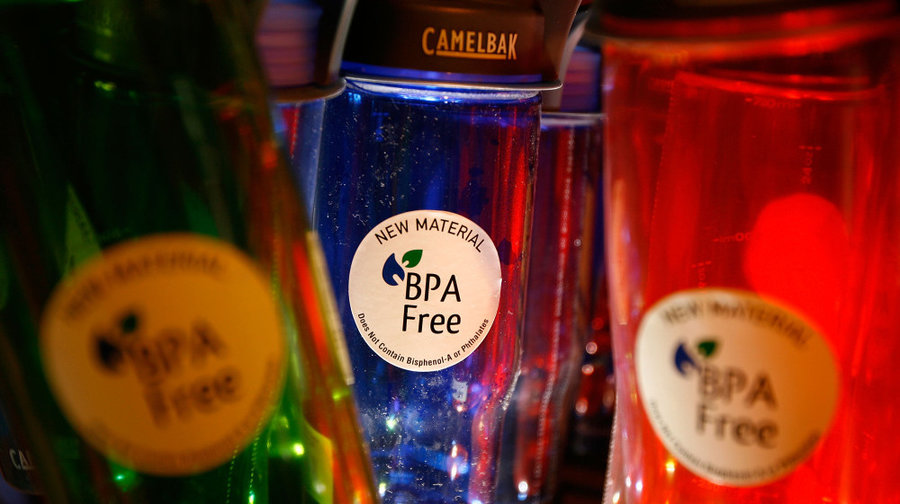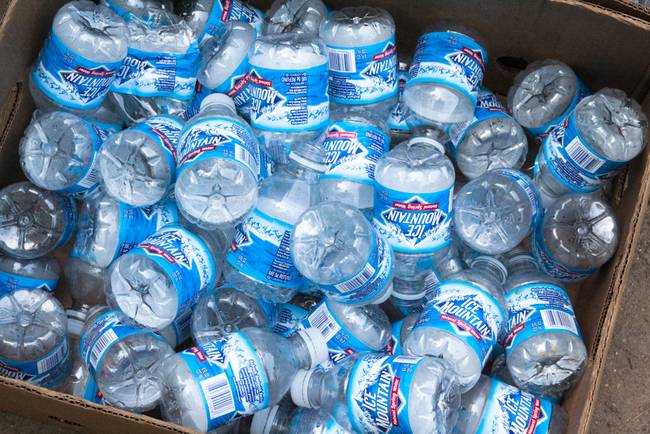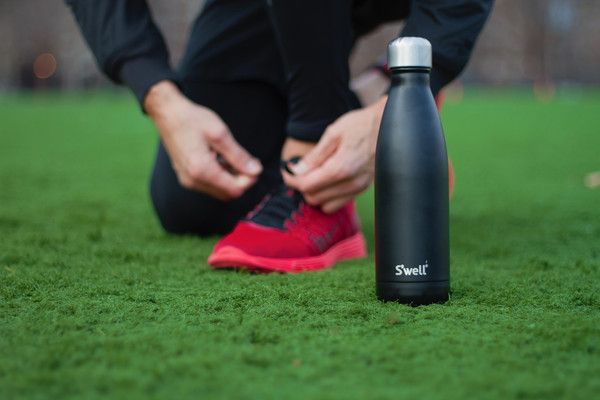Have you ever refilled a plastic water bottle either because it was all you had while you were out or you were making an effort to be more green? Well your Earth friendly behavior may not be so healthy for your body. Check out some of the harmful effects this environmentally conscious initiative could have on your body and what you can do to avoid them.
Chemical leaching of BPA

Photo courtesy of npr.com
Scientists have reported that disposable water bottles are most commonly made of No. 7 plastics, which is a blend of different plastics containing Bisphenol A, or BPA. BPA is known for being linked to a wide array of health issues, such as structural damage to the brain, stimulation of prostate cancer, and infertility, among many others.
When reusing your disposable water bottle there will always be a certain level of chemical leaching, which is the infusion of the chemicals in the plastic bottle into the water or liquid contained in the bottle. While it may seem fine to just wash out and reuse the bottle you just used cleaners such as bleach and detergents increase the chemical leaching process as well as extreme temperatures. So never drink from a hot water bottle left in a car or put it in the freezer to cool it down, as you may be infusing your drink with a higher dose of cancer causing chemicals.
Bacteria Growth

Photo courtesy of treehugger.com
As for bacteria, a disposable water bottle is not made to live up to the wear and tear of everyday life and may acquire a lot of scratches and cracks. These crevices provide the perfect environment for bacteria to grow, especially with nutrients from backwash.
A 2002 study published in the Canadian Journal of Public Health shows that elementary school children who never washed their water bottles had exceeded levels of harmful bacteria for 68 of the 76 samples with such bacteria as fecal coliform, which most likely came from their hands.
So when it comes down to it, disposable water bottles are really only meant to be used once.
Bottle Alternatives

Photo courtesy of swell.com
If you would like to make a difference for the planet or your body, purchase a bottle meant for multiple uses. The most recommended type of water bottle would be a stainless steel bottle from your nearest camping store, as there is no chemical leaching.
While glass bottles and enamel-lined aluminum bottles are also highly recommended, glass may be too fragile for everyday life, and there have been reports from Canadian researchers of possible chemical leaching from aluminum bottles, although it isn’t known for sure.

